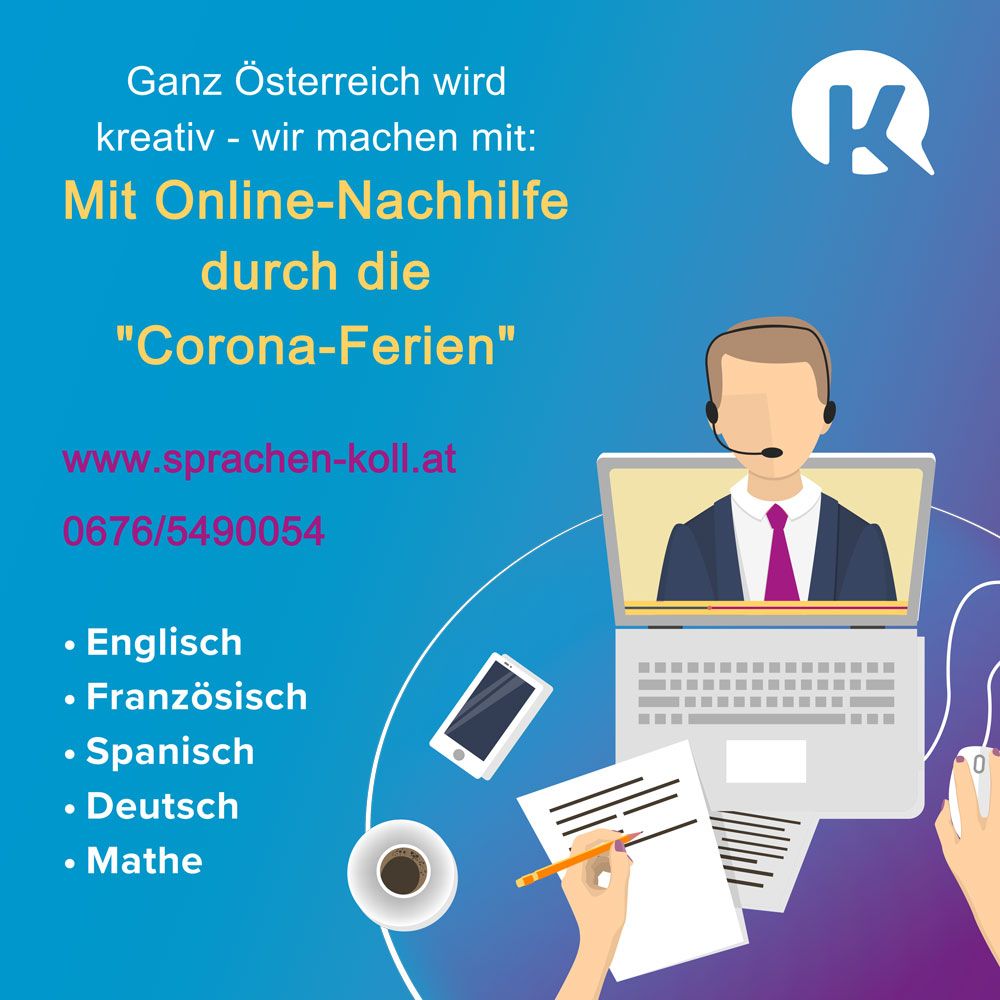Certified translations of documents
There may be times when you need a written certified translation of documents. For example, you might need to present them to government agencies, offices, courts or educational institutions.
Sprachen Koll translation agency can professionally and expertly translate your official documents such as patents, birth certificates, police clearance certificates, school and work certificates, apostilles and court documents – and this is only a small selection of official documents – into the desired language, including the mentioned certification formula, signature and round seal.
Get your documents certified translated
Who is allowed to certify translations?
Only sworn/authorised translators are allowed to certify a translation. It is not possible for a notary public, for example, to certify a translation. A notary may only certify the authenticity or a copy of a submitted document.
Sprachen Koll GmbH has a pool of permanent and freelance translators with an eye for detail, who are publicly appointed and sworn, and are therefore allowed to certify a written translation that has previously been prepared in person and thus make it official.
With a signature and round seal, the translation becomes an official document, and the authorised translator is liable for the accuracy of its content. For this reason, we reject third-party translations for certification.
When do translations need to be certified?
Officially certified translations are required when authorities or offices need documents in another language to confirm their authenticity officially. With signature, date, certification formula and round stamp, the translator legally confirms that the translation is true and fully corresponds to the original.
It is important to note here that both the source document and the certified translation must be presented in the original. A copy of the translation is not legally valid. To produce the translation for you as quickly as possible, we need the complete original document from you.
The procedure for certified translations
How can I imagine the process of a certified translation?
You submit your complete original document to us. After review by our project managers, it will be submitted to the appropriate sworn translator, who will expertly translate it into the appropriate language.
Please note that, as with all translation and interpreting services, Sprachen Koll is bound by confidentiality and will not disclose the contents of your personal documents to third parties and will always treat them confidentially.
When the translation is completed, the translator will add the certification formula, a round seal, a signature and a date. This completes the process on our side, and you will receive your official translation and the original document back from us.
Legally, there is no time-limited validity period, but there may be variations for certain documents. Please check this in advance with the relevant authority requiring the certified translation.
The cost of certified translations
We will happily provide you with a cost estimate for your certified translation by our translation agency Sprachen Koll GmbH. Quickly and without obligation.







































